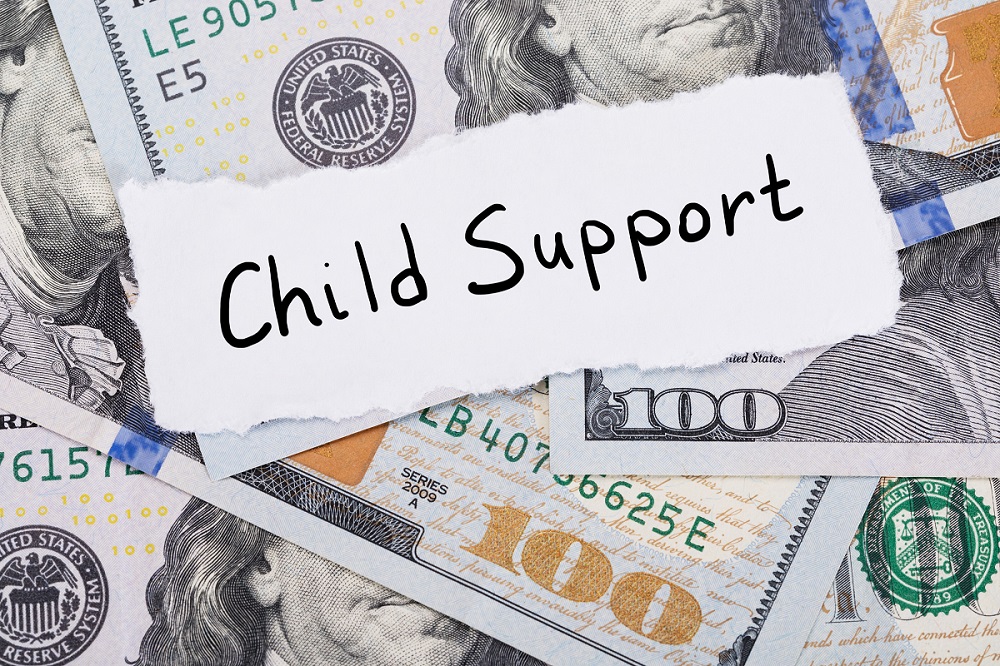The Social Security Administration provides benefits to those who need assistance in meeting their daily needs due to disabilities that prevent recipients from working. Those benefits are disbursed through SSI and SSDI payments, and they represent the sole source of income for many who find themselves in need. The SSA Ticket to Work Program allows many to augment their income while working and receiving their benefits and is a tool for improving quality of life for people who rely on funds from the SSA for income.
One common concern for those who receive payments from the SSA and work through the SSDI Ticket to Work Program is whether their benefits or wages can be garnished for child support payments. The answer depends on the type of SSA payments the recipient gets as well as a few other factors. Keep reading to learn more about how child support garnishments can affect your SSDI and SSI benefits.
Disability for Child Support
Whether your benefit payments can be garnished depends on the type of payments you receive. If you receive SSI payments, your benefits payments are not garnishable to pay child support. SSI, or Supplemental Security Income, is a benefit and is in no way based upon your work history or previous salary. The benefit amounts are determined to provide basic subsistence, and therefore cannot be garnished. However, if you receive SSDI payments, they may be garnished for child support payments. SSDI is a form of insurance paid that is based on your work history and paid through taxes. Those funds can be garnished, as can any lump sums you may receive for back payments.

Options for Paying Child Support on Disability
If you fall in the category of SSDI recipients whose payments can be garnished, that doesn’t necessarily mean that you can’t amend your payment schedule. You have two options to help gain some relief from child support payments if you are receiving SSDI benefits. The first step is to apply for a child support order modification from the court in your jurisdiction. By making a motion for relief, you’re asking the court to reduce the child support amount based on your reliance on SSDI payments for your income. You should be able to argue to the court that your medical condition prevents you from earning a living wage and that your disability has produced a financial hardship. It is easier to get a child support modification if the recipient receives SSI benefits, but some states will consider modifications for SSDI recipients are well. If your motion is unsuccessful, you can also apply for SSI dependent benefits for your children if they are unmarried and under the age of 18 if not in college or 19 if in college. In any areas, if your child qualifies for SSI dependent benefits, the amount of those benefits is subtracted from your child support obligations. That can lessen the financial impact of child support.
If you are under a court order to pay child support and are worried about garnishments of your SSDI benefits, you have options that can help lessen the impact of such payments on your financial health. To learn more about navigating child support orders and your SSDI payments, visit Disabled Workers at www.aptsuccess.com/ticket-to-work/.
